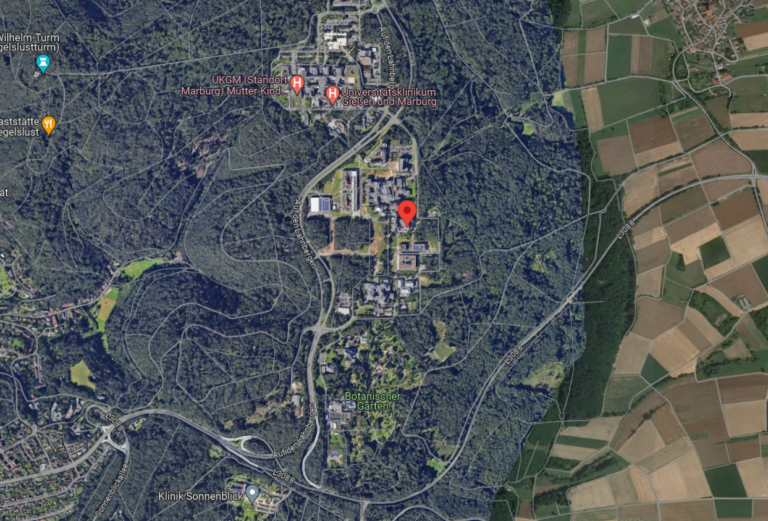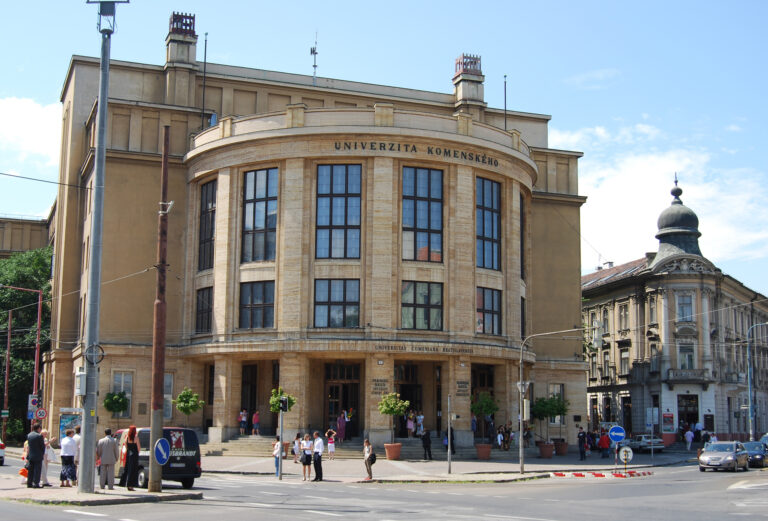
Project Background
Students who drop out of their studies lose a year (or more) they could have invested into something else and society loses a potentially crucial member with specialized training. Educators need to be more engaged in preemptive measures to decrease drop-out rates and support student success.
We often meet prospective and first-year students who feel insecure in their new role as independent learners. These students prefer to get the list of correct answers rather than explore the big questions on their own. On the side of the staff, there is an implicit expectation that the students should figure out what information they need and where to find it or that they take the initiative to ask for help if they cannot figure it out. However, even when a support apparatus is available for the students, they often do not find the right type of support early on.
We believe that the responsibility for early integration into the academic community does not lie on the shoulders of the students alone. We also believe that teaching and support staff should do more to reach out to students who struggle with transitioning from being a passive consumer of knowledge in lower education to being an active pursuit of knowledge in academia.
We propose educational games as a methodology to engage the students and support them in their maturation process. We will, therefore, develop a learning game that will target the needs of prospective and first-year students, including elementary information needs, such as “Where is my class?” and specific study-related needs, such as “How do I find reliable sources for my paper?”, but also train their general problem-solving skills, cooperation, and hypothesis testing abilities.
"Student success in higher education is essential not only for the individual student but also for society as a whole."
Objectives
Our main goal is to help students take their learning into their own hands and become independent learners who dare to explore, test, fail, and learn from their own mistakes. We want first-year students to feel integrated into the learning community early on, get to know their fellow students and the staff, and be aware of where they can seek help should they need it.
Additionally, we want to encourage teaching and support staff at higher education institutions to take more responsibility for student satisfaction and student success.
By disseminating our results, we wish to inspire and empower educators to create their own learning games, even without prior programming knowledge. Ultimately, we want to see learning games become an integral part of education at all levels.

Activities






We are creating an educational game template and a database of quests, games, apps, and source-code alongside the games we are developing. The games will target the needs of prospective and first-year students, e.g. introduce key members of staff, teach students how to understand room codes, or how to find relevant sources in the library database.
The template, database, source-code, and all necessary documentation and manuals will be publicly available under the MIT license.
The games are being tested at three different universities (in Norway, Germany, and Slovakia) and we will collect data to evaluate the functionality and the impact of the games on drop-out rates and student satisfaction.
The games are being promoted through several channels, including the project website, a YouTube channel, local and national media, multiplier events for stakeholders in higher education, a graduate ECTS-giving course, and a research conference.
Impact
The final version of the game with the database of quests, documentation, and manuals will be published on the Erasmus+ Project Results Platform (and on the project website) and will be freely available to all interested stakeholders.
We will also produce scientific output in the form of research papers, a graduate course, and a conference where we will document the development, the results, and the effect of the intervention.

